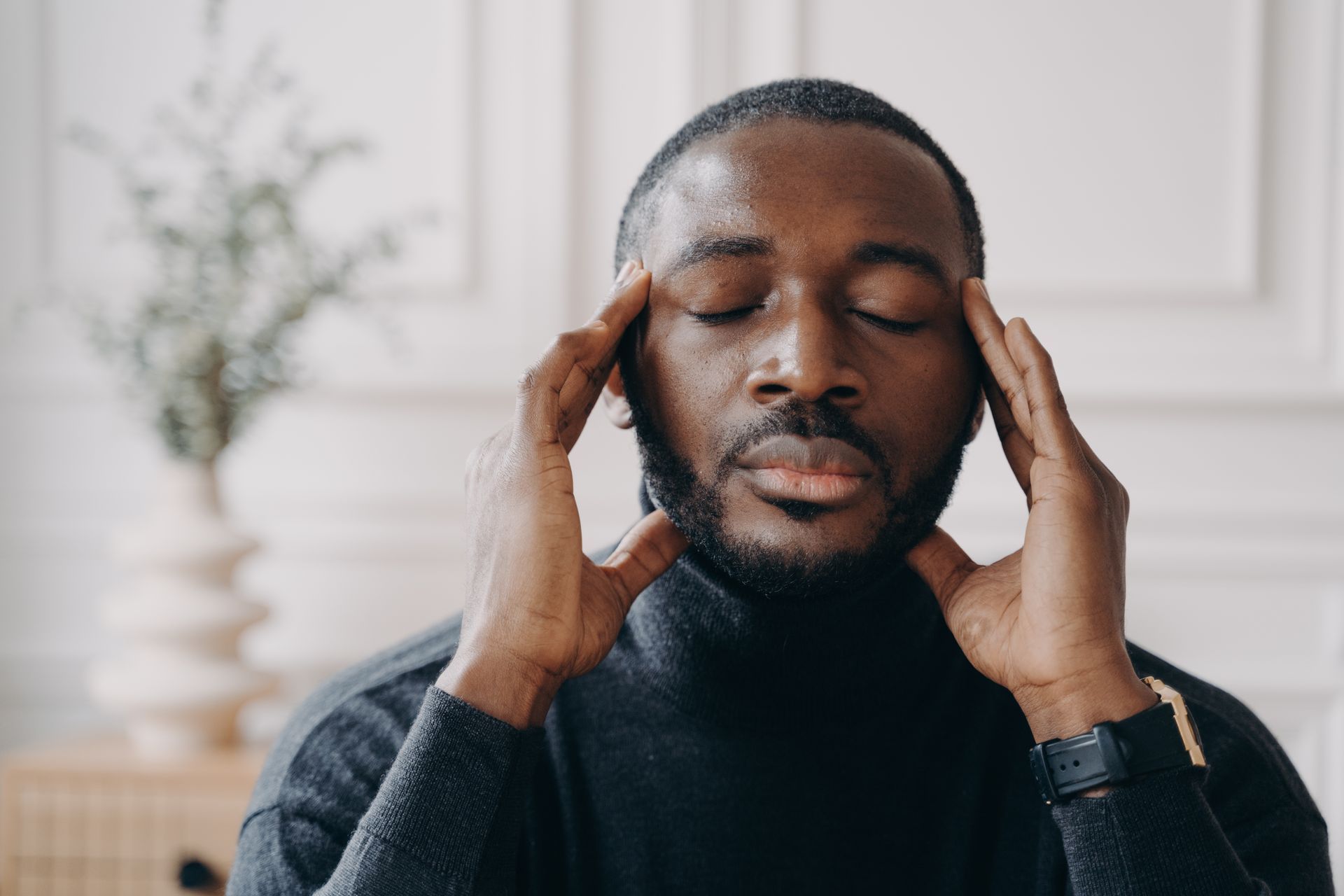Understanding and Supporting LGBTQ+ Mental Health
Mental health is a cornerstone of overall well-being, yet for those in the LGBTQ+ community, achieving and maintaining mental health can present unique challenges. At Vital Psych MD, we recognize the importance of understanding these challenges—not just for those who identify as LGBTQ+, but also for allies, families, and communities seeking to foster genuine inclusivity and support.
Research consistently shows that LGBTQ+ individuals are at a higher risk of experiencing mental health issues compared to their heterosexual and cisgender counterparts. According to the Trevor Project, 41% of LGBTQ+ youth seriously considered attempting suicide in 2023, compared to 13% of all U.S. youth. This stark statistic underscores the urgent need for awareness, support, and specialized care.
Navigating Discrimination and Identity Struggles
Discrimination remains one of the most significant factors affecting LGBTQ+ mental health. Experiences of rejection, bullying, and microaggressions in schools, workplaces, and even healthcare settings contribute to increased rates of depression, anxiety, and post-traumatic stress disorder (PTSD) among LGBTQ+ individuals. Minority stress—chronic stress faced by members of stigmatized groups—directly impacts mental health outcomes.
Beyond external discrimination, many LGBTQ+ individuals grapple with internal conflicts related to identity. The process of coming out, or even just realizing one’s identity, can be fraught with confusion, fear, and uncertainty. These struggles are not signs of weakness; rather, they demonstrate the resilience required to live authentically in a society that may not always be accepting.
Understanding the Spectrum of Mental Health Concerns
While anyone can experience mental health challenges, LGBTQ+ people often encounter concerns uniquely tied to their identities. Higher rates of depression, anxiety, substance use, and suicidal ideation are well-documented in this population. The risk is even greater for transgender and nonbinary individuals, who face additional barriers such as discrimination in accessing gender-affirming care.
Family acceptance also plays a pivotal role. LGBTQ+ youth who experience high levels of family rejection are more likely to attempt suicide compared to those who are accepted. This illustrates the profound impact that supportive environments can have on mental health outcomes.
Creating Safe and Affirming Spaces
One of the most effective ways to support LGBTQ+ mental health is by fostering safe, affirming spaces—whether at home, in school, in the workplace, or in clinics such as Vital Psych MD. Affirmation goes beyond tolerance; it means celebrating diversity, using correct pronouns, and cultivating an environment where people feel seen and valued.
Healthcare providers play a crucial role in this process. At Vital Psych MD, we are committed to providing culturally competent, evidence-based care that respects every individual’s identity and lived experience. We encourage open communication and make space for patients to share their concerns without fear of judgement or misunderstanding.
Resources for LGBTQ+ Support
Access to the right resources can make a significant difference in an individual’s mental health journey. Organizations like The Trevor Project, GLAAD, and PFLAG provide crisis intervention, educational materials, and community support tailored to LGBTQ+ needs. For those seeking mental health care, it’s important to find professionals who are trained in LGBTQ+ issues and can provide a safe, affirming environment.
In addition, online support networks and local LGBTQ+ centers offer opportunities for connection, advocacy, and empowerment. Community plays a vital role in combating isolation—a factor that often exacerbates mental health concerns.
How Allies Can Make a Difference
Allies—friends, family members, coworkers, and community members—are essential in supporting LGBTQ+ mental health. Simple actions, such as listening without judgement, challenging discriminatory language, and educating oneself about LGBTQ+ issues, can have a powerful impact. Affirming allies decrease the risk of suicide and mental health challenges in LGBTQ+ youth.
Even small gestures, like displaying visible symbols of support or sharing inclusive resources, contribute to a more welcoming environment. Allies can also advocate for inclusive policies in workplaces, schools, and healthcare settings, ensuring that LGBTQ+ individuals have access to the protection and support they deserve.
Understanding and supporting LGBTQ+ mental health requires empathy, education, and ongoing commitment. At
Vital Psych MD, we strive to empower every individual to prioritize their mental well-being and to create spaces where all identities are respected. By working together—patients, families, healthcare providers, and allies—we can build a more inclusive world, one where every person can thrive.











